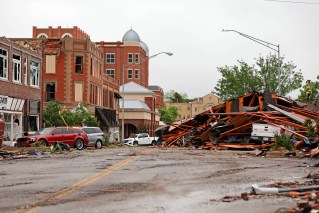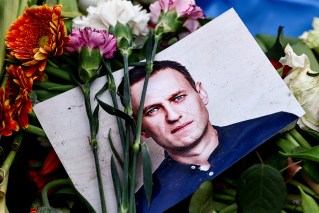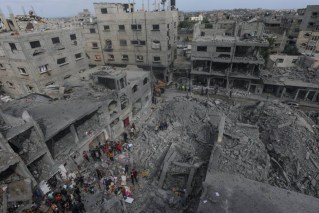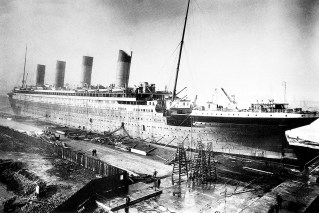Ecuador quake kills at least 238
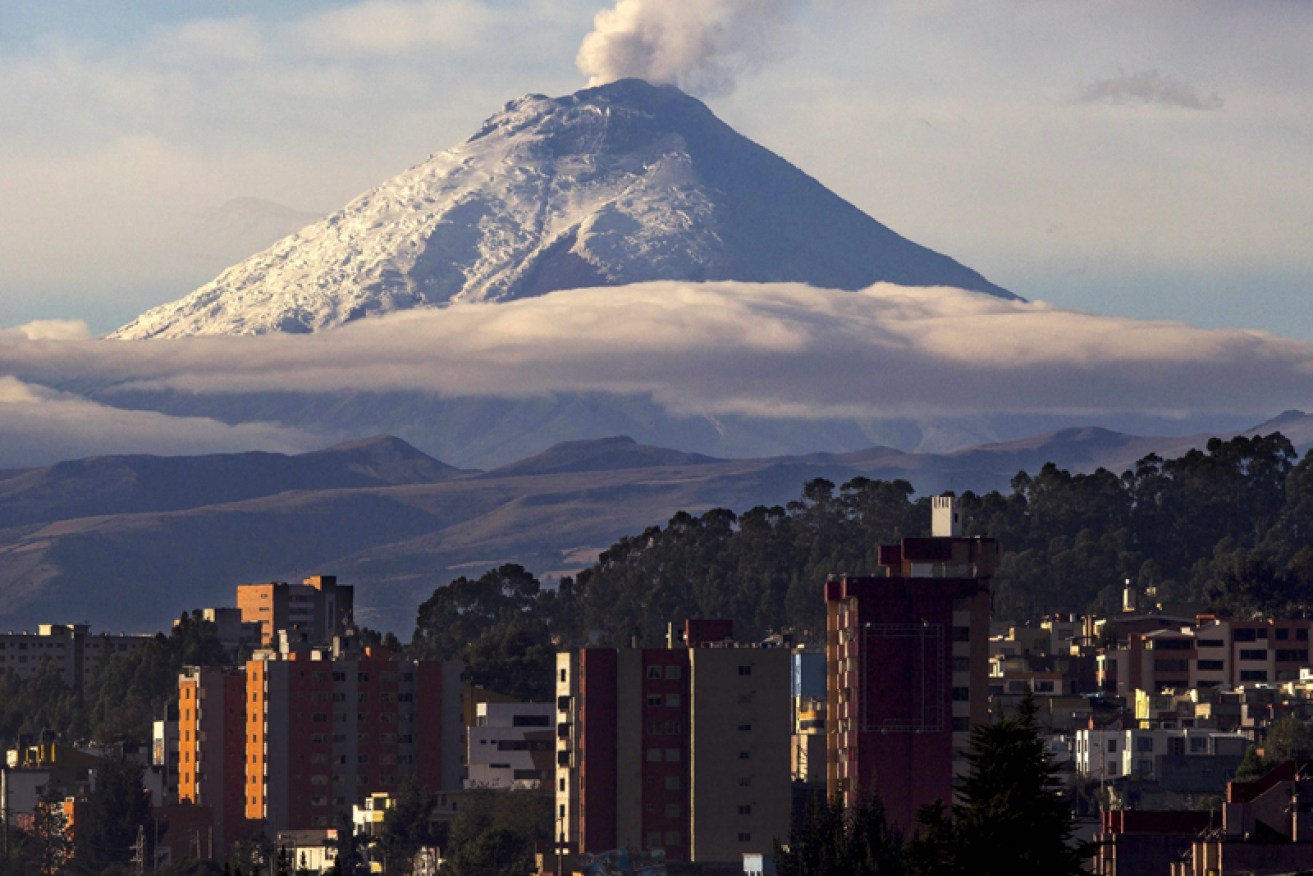
EPA
Rescuers have pulled survivors from the rubble after the strongest earthquake to hit Ecuador in decades flattened buildings and buckled highways along its Pacific coast.
Officials said the quake had killed at least 238 people and injured more than 1500.
The magnitude-7.8 quake, the strongest to hit Ecuador since 1979, was centred on Ecuador’s sparsely populated fishing ports and tourist beaches, 170km northwest of Quito, the capital.
• The scary Russian military stunt that shocked the US
• Australian pilot dies in Papua New Guinea
• Aussies named in ‘dark’ database
Vice President Jorge Glas reported the death toll at a news conference as President Rafael Correa flew back from Rome to deal with the crisis.
He said 1557 people were injured.
Glas said there were deaths in the cities of Manta, Portoviejo and Guayaquil – all several hundred kilometers from the centre of the quake, which struck shortly after nightfall on Saturday.

Major of Quito Mauricio Rodas (C) evaluates the damages after a 7.8 magnitude earthquake in Quito. Photo: AAP
In Pedernales, a town of 40,000 near the quake’s epicentre, dozens of frightened residents slept in the streets while men equipped with little more than car headlights tried to rescue survivors who could be heard trapped under the rubble.
“We’re trying to do the most we can, but there’s almost nothing we can do,” Pedernales Mayor Gabriel Alcivar said.
Mr Alcivar pleaded for authorities to send earth-moving machines and rescue workers to help find people in the rubble.
He said looting had broken out amid the chaos but authorities were too busy trying to save lives to re-establish order.
“This wasn’t just a house that collapsed. It was an entire town,” he said.
Mr Correa declared a national emergency and urged Ecuadoreans to stay strong.
“Everything can be rebuilt, but what can’t be rebuilt are human lives, and that’s the most painful,” he said in a telephone call to state TV before departing Rome for Manta.
Mr Glas said the country had already deployed 10,000 armed forces.
In addition, 4600 national police were sent to towns near the epicentre.
Would-be rescuers scrambled through the ruins in the provincial capital Portoviejo, digging with their hands to find survivors.
As officials set up shelters and field hospitals, residents said they felt like their entire town had been flattened.
“Compatriots: Unity, strength and prayer,” Mr Glas told a throng of residents gathered in the streets of Manta as he instructed them on how to look for survivors.
“We need to be quiet so we can hear. We can’t use heavy machinery because it can be very tragic for those who are injured.”
On social media, Ecuadorians celebrated a video of a baby girl being pulled from beneath a collapsed home in Manta.
Shanty towns and cheaply-constructed brick and concrete homes were reduced to rubble along the quake’s path, while in Guayaquil a shopping centre’s roof fell down and a collapsed highway overpass crushed a car.
Luis Quito said he spent the entire night delivering water to guests trapped under the rubble of the four-story hotel owned by his father-in-law, the Hotel Chimborazo.
He said his father-in-law was missing and feared dead.
“We hear screaming all through the night,” Mr Quito said as he decried the slow response by emergency workers.
“There are humans trapped below the terrace. Babies. We need rescuers. But nobody has arrived so far.”

